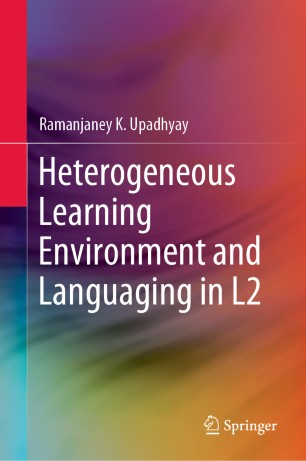

Most ebook files are in PDF format, so you can easily read them using various software such as Foxit Reader or directly on the Google Chrome browser.
Some ebook files are released by publishers in other formats such as .awz, .mobi, .epub, .fb2, etc. You may need to install specific software to read these formats on mobile/PC, such as Calibre.
Please read the tutorial at this link: https://ebookbell.com/faq
We offer FREE conversion to the popular formats you request; however, this may take some time. Therefore, right after payment, please email us, and we will try to provide the service as quickly as possible.
For some exceptional file formats or broken links (if any), please refrain from opening any disputes. Instead, email us first, and we will try to assist within a maximum of 6 hours.
EbookBell Team

4.4
82 reviewsThis book explores heterogeneity in the Indian academic setting. Presenting a study on the performance of Bachelor of Engineering students from various parts of the county, it analyzes the subjects’ language skills on the basis of selected sociolinguistic variables and examines the possible role/impact of using multiple languages in the communicative setting described. In turn, the book investigates the differences between the way language is viewed in the Orient and in the Western world, and how, despite their differences, these views lead to similar language teaching methods in both worlds. It also highlights the limitations of current theories and frameworks in terms of accommodating modern methods of assessing language skills.
Addressing socio-pragmatic issues in terms of English proficiency and language assessment, it is the first book to offer such a focused and detailed discussion of these varied but related issues, making it a valuable resource for all scholars and researchers working in the areas of socio-pragmatics, language assessment, and intercultural communication.